Denied and Under Paid Claims
Insurance Denied and Under Paid Claims? Don't Give Up Hope.
Common Reasons Insurance Claims Get Denied
Challenges in Denied and Under Paid Claims



1. Free Consultation & Policy Review

2. Detailed Damage Assessment & Documentation

3. Strategic Claim Submission & Negotiation

2. Detailed Damage Assessment & Documentation

4. Fair Settlement & Your Recovery
FAQs
What Is a Denied Claim?
When your insurance provider declines to pay for a submitted claim, it's known as a denied claim. This may occur in cases involving property damage, auto insurance, or home insurance. Claims for Property Damage According to the expert, policy exclusions, a lack of proof, or missed deadlines are frequently the causes of denials.
What Distinguishes Denied Claims from Rejected Claims?
Denied Claim: After reviewing your case, the insurer declined to pay you in accordance with the terms of your policy.
Rejected Claim: Because of mistakes (missing forms, incorrect information), the insurer never processed the claim.
As an illustration, consider a water damage claim that was denied because of slow leaks (policy exclusion) as opposed to one that was denied because you neglected to sign the paperwork.
When Are Claims Rejected by Insurance Companies?
Usually, insurers reject claims when:
✔ The damage isn't covered (for example, a flood insurance claim denied without additional coverage).
✔ You filed too late (a common reason for denied hurricane insurance claims).
✔ Possible fraud (exaggerated repair estimates)
✔ Insufficient evidence (no photographs for a rejected roof insurance claim)
Common Reasons Claims Are Denied
- Pre-existing damage (such as a roof claim for hail damage that was rejected due to wear and tear).
- Exclusions from the policy (e.g., arson claim denied by fire insurance).
- Late reporting, such as when a renters insurance claim is rejected after sixty days.
- Incomplete documentation (such as a claim that was rejected by auto insurance due to missing accident reports).
- Claims for Property Damage Experts stress that with the right proof, the majority of denials can be challenged.
If a claim is denied, what happens next?
Insurers must give an explanation: Review the denial letter.
Obtain supporting documentation: Including receipts, contractor reports, and photographs.
Appeal: Submit a formal dispute within the given time.
Consult a professional: Public adjusters or attorneys can assist you in presenting your case.


